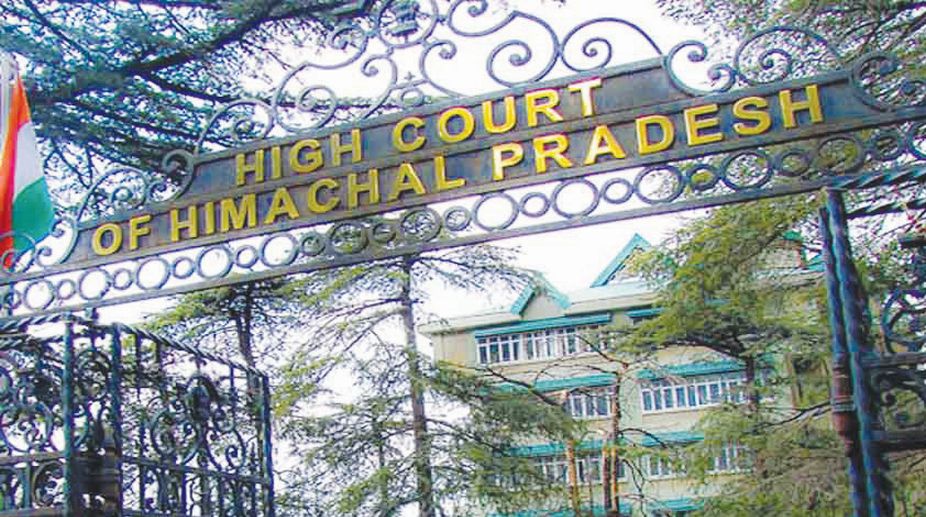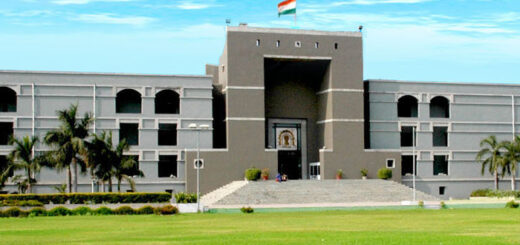Himachal Pradesh High Court Supports GST Charges on Royalty Payments for State Mining Licenses.

The Himachal Pradesh High Court has confirmed that Goods and Services Tax (GST) can be charged on royalty payments made by those holding mineral concessions. This decision came after dismissing a writ petition that challenged the Central Government’s notifications regarding this issue. The petitioner, a company involved in stone crushing, received notices under Section 70 of the Central Goods and Services Tax Act for GST payments on the royalty for mining concessions provided by the State. The petitioner argued based on a previous Supreme Court ruling in the India Cement case, which stated that royalty is a type of tax. They claimed that imposing GST on royalty would be a “tax on tax,” which they believed was beyond the government’s authority.
The Division Bench, consisting of Acting Chief Justice Tarlok Singh Chauhan and Justice Satyen Vaidya, pointed out that the Supreme Court’s earlier ruling in the India Cement case had been overturned by a nine-judge bench in a recent case—Mineral Area Development Authority vs. Steel Authority of India (2024). In this important ruling, the Court clarified that royalty is not a tax but a payment made under a mining lease agreement. The Supreme Court also stated that States have the constitutional right to impose taxes on mineral rights and that the Mines and Minerals (Development and Regulation) Act (MMDR Act) does not limit the States’ taxing authority over minerals. Additionally, the Court noted that the restrictions on royalties in Section 9 of the MMDR Act do not affect the State’s ability to tax.
The High Court concluded, “Thus, the respondents have the right to impose GST on the royalty paid by the mineral concession holder for any mining concession granted by the State.”
Cause Title: M/s Lakhwinder Singh Stone Crusher v. Union of India & Ors., [2024:HHC:10578]








